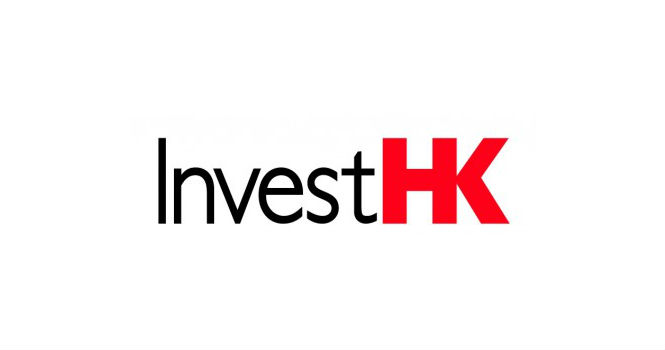Step 1: Decide on a Company Type and Name
The first step involves deciding what type of company you need and what you will call it.
Company Types
Different company types are available for different business requirements.
A Limited Company:
- This is the most common company type in Hong Kong, often referred to as an HK Limited Company or Hong Kong Ltd Company
- This is a company that is incorporated in Hong Kong, offering limited liability to its owners, meaning their personal assets are protected from business debts
- Owners can take advantage of all the tax benefits and concessions available to any fully incorporated business, such as the two-tier corporate tax rate
- They can also enjoy benefits such as the Closer Economic Partnership Arrangement (CEPA) , a free trade agreement with Mainland China
A Branch Office of a Parent Company:
- This is for companies that are incorporated outside of Hong Kong seeking to establish a place of business in Hong Kong
- These must be registered with the Companies Registry as a ‘Registered Non-Hong Kong Company’ within one month of establishment
- Unlike a subsidiary limited company, a branch office is not a separate legal entity from the parent and can leverage funds using the credit rating of its owner. This means that the parent company holds full responsibility for any debts or obligations incurred by the branch
Representative Office:
- A representative office cannot engage in profit-making activities and can only fulfil limited functions on behalf of a company, such as market research or liaison activities
- They are useful for companies exploring the Hong Kong market before making a larger investment
- If the company decides to enter into a transaction that creates a legal obligation, it must change the business to a limited company or branch office
Company Names
Limited companies incorporated in Hong Kong cannot have the same name as any company already listed in the index kept by the Companies Registry. You may conduct a company name search in Hong Kong free of charge through the Companies Registry’s e-Services Portal.
Company Structure
Most limited companies incorporated in Hong Kong are private companies limited by shares. A private limited company in Hong Kong requires at least one director who is a natural person and one company secretary. If the company has only one director, the sole director cannot also be the company secretary at the same time. If the company secretary is a natural person, he/she should ordinarily reside in Hong Kong. If the company secretary is a body corporate, its registered office or place of business should be in Hong Kong. A non-Hong Kong resident can be appointed as a director. The registered office of the company must be situated in Hong Kong. There is no requirement for shareholders to be Hong Kong residents. The sole shareholder can also be a director of the company.
Significant Controllers Register
To enhance transparency of corporate beneficial ownership and fulfil Hong Kong’s international obligations, the Companies Ordinance requires any companies, such as a limited liability partnership (LLP) or limited company incorporated in Hong Kong, to obtain and maintain up-to-date beneficial ownership information by keeping a Significant Controllers Register. This register must be open for inspection by law enforcement officers upon demand.
In summary, choosing the right company type in Hong Kong—whether it's an individual proprietor, limited company, branch or subsidiary—depends on various factors including liability preferences, operational needs, and tax considerations. Understanding these structures will aid entrepreneurs in making informed decisions when they decide to register a company in Hong Kong.

